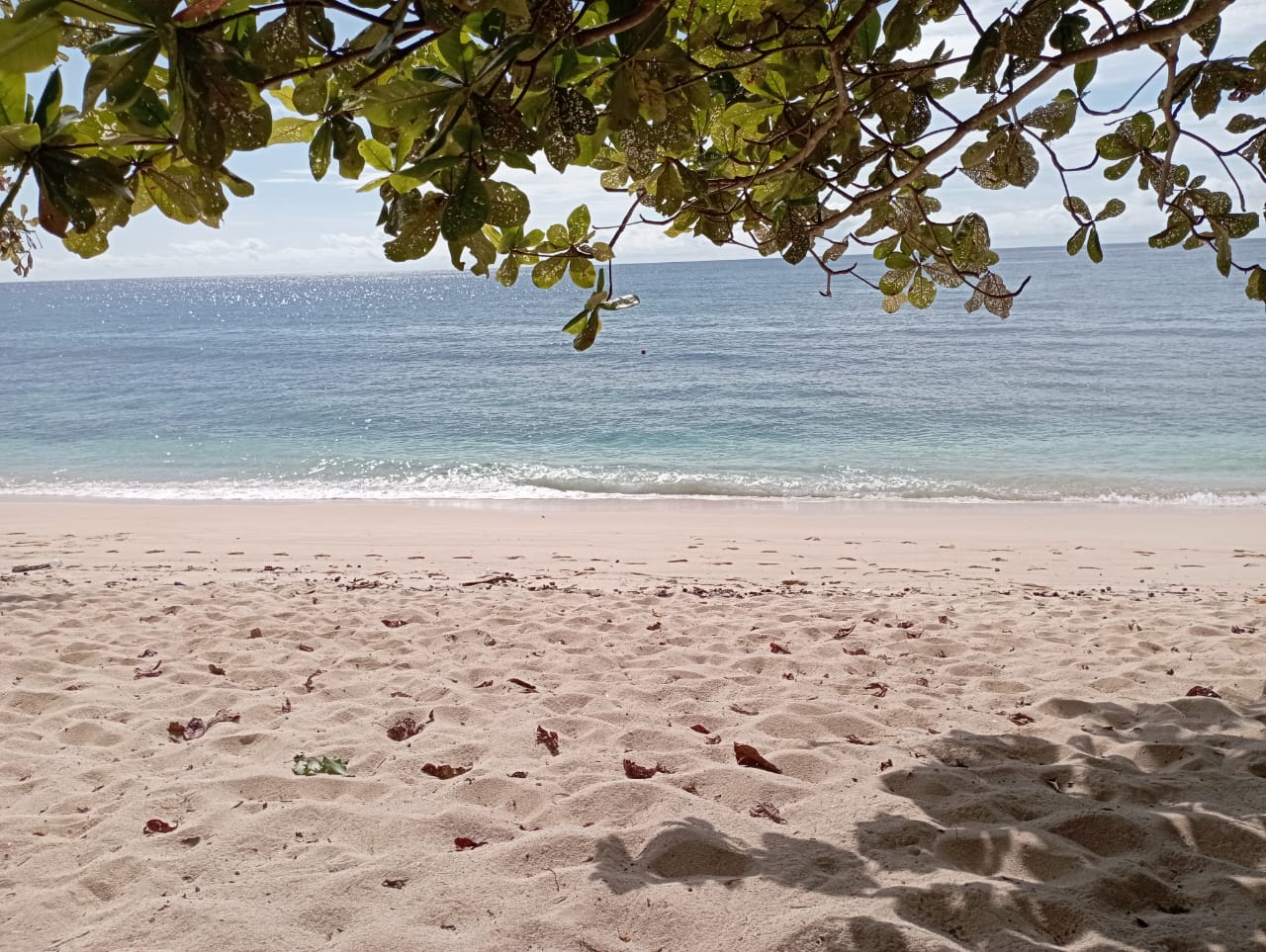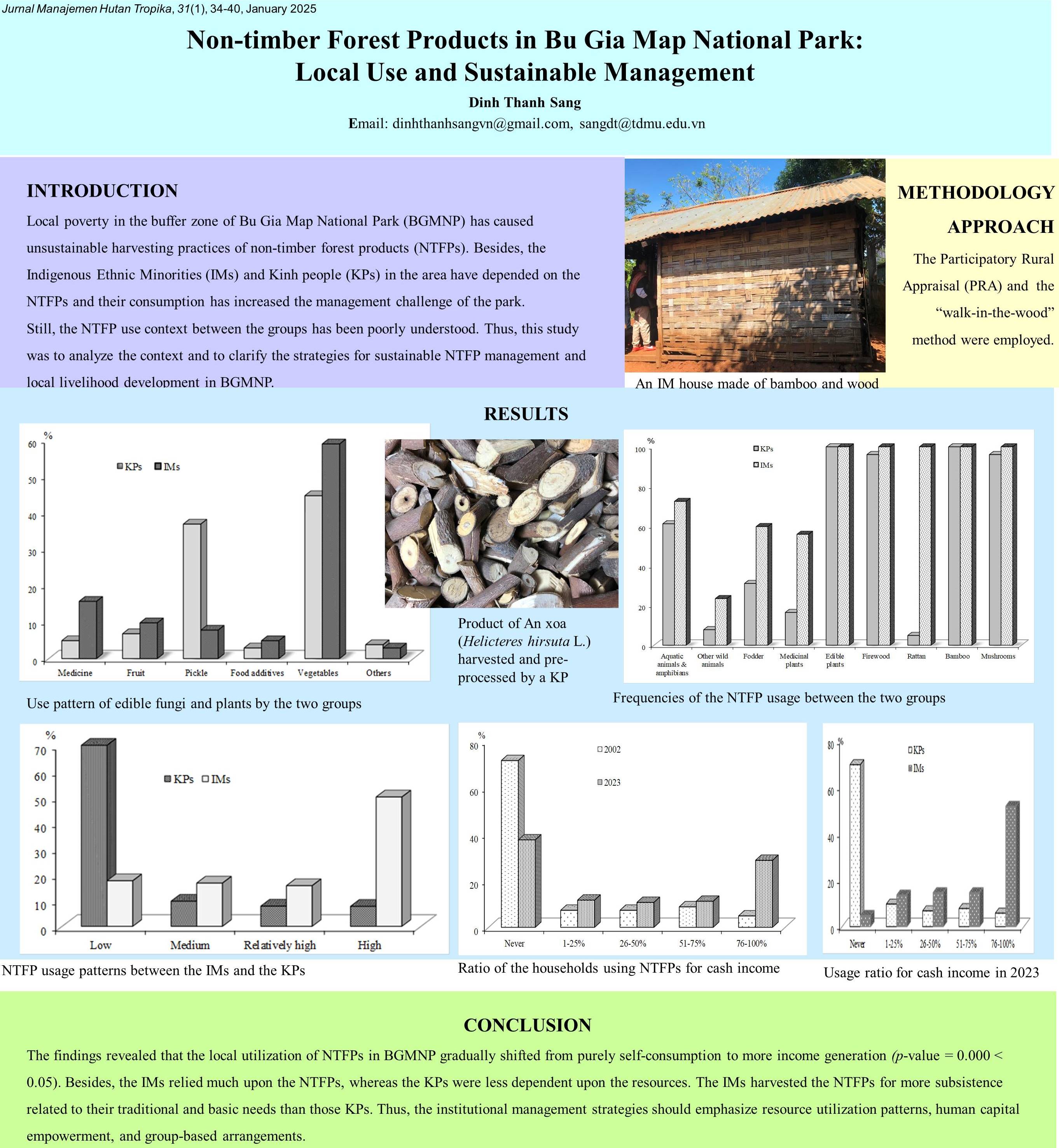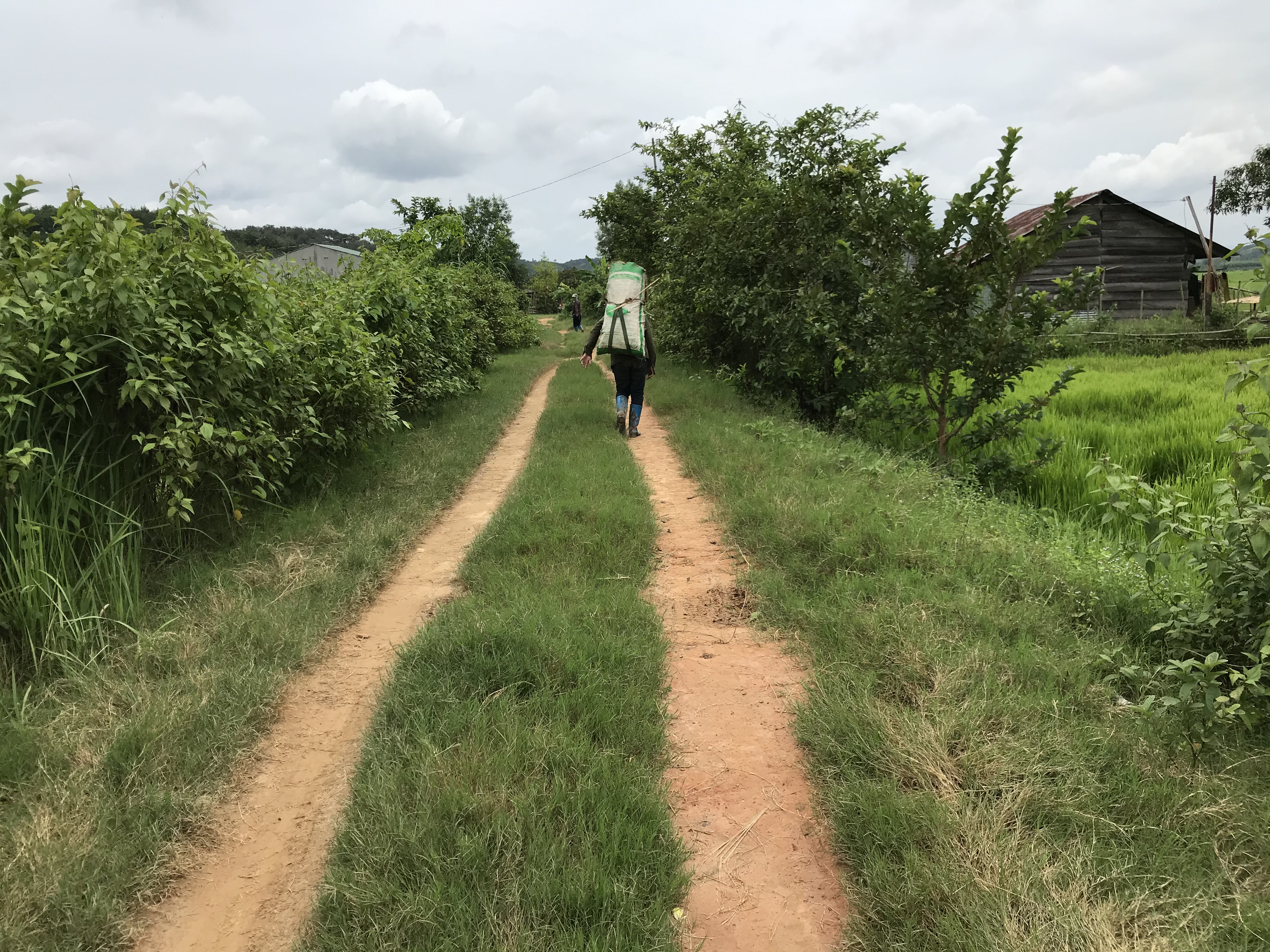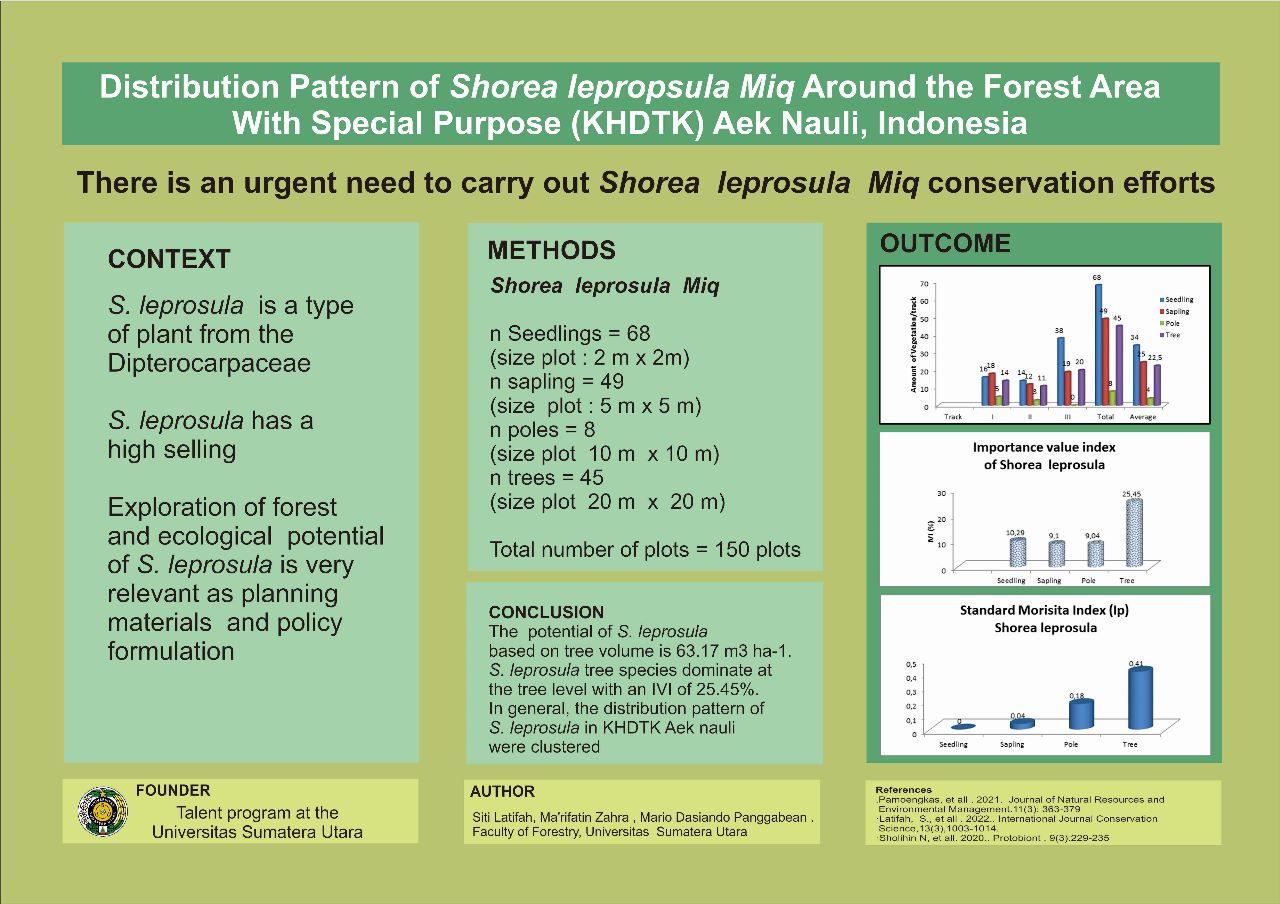Socio-cultural Factors on The Establishment and Development of Communal Homestay in Eco Rural Tourism
Abstract
Socio-cultural in homestay need to be identified, since such business can make very close interactions among tourists and rural life. This study aims to analyze socio-cultural factors in the establishment and development of communal homestays in the rural tourism. The study was conducted in tourist villages in three provinces, namely the Special Region of Yogyakarta (Brayut and Tanjung villages), West Java (Banceuy and Bunihayu villages) and North Sulawesi (Bahoi, Tiwoho, Popareng, Tandengan and Urongo villages). The research instrument used close ended questionnaire with 585 respondent. Data analysis was carried out in a quantitative descriptive by grouping, simplifying and presenting data using class intervals. The results showed that the majority of people in tourist villages agree on the concept of communal homestay which can be a forum for the preservation of the culture, customs and norms of the local community. In the aspect of cultural heritage conservation, homestay businesses are considered capable of providing the function of protecting and preserving customs, arts, culture, religious traditions and languages. The management of this communal homestay is considered to be able to create social interaction, cooperation and can reduce forms of unhealthy competition.
References
Acharya, B. P., & Halpenny, E. A. (2013). Homestays as an alternative tourism product for sustainable community development: A case study of women-managed tourism product in Rural Nepal. Tourism Planning and Development, 10(4), 367–387. https://doi.org/10.1080/21568316.2013.779313
Agyeiwaah, E. (2013). International tourists’ motivations for choosing homestay in the Kumasi Metropolis of Ghana. Anatolia, 24(3), 405–409. https://doi.org/10.1080/13032917.2013.789972
Anand, A., Chandan, P., & Singh, R. B. (2012). Homestays at Korzok: Supplementing rural livelihoods and supporting green tourism in the Indian himalayas. Mountain Research and Development, 32(2), 126–136. https://doi.org/10.1659/MRD-JOURNAL-D-11-00109.1
Avenzora, R. (2008). Assessment of tourism object potential: Aspects and indicators of assessment. In Ecotourism: Theory and practice (pp. 241–278). BRR NAD-Nias.
Bello, F. G., Carr, N., & Lovelock, B. (2017). Local residents’ perceptions of socio-cultural impacts of tourism in Mangochi, Malawi. Advances in Hospitality and Tourism Research, 5(1), 1–22.
Bhalla, P., Coghlan, A., & Bhattacharya, P. (2016). Homestays’ contribution to community-based ecotourism in the Himalayan region of India. Tourism Recreation Research, 41(2), 213–228. https://doi.org/10.1080/02508281.2016.1178474
Bhuiyan, M. A. H., Siwar, C., & Ismail, S. M. (2013). Socio-economic impacts of home stay accommodations in Malaysia: A study on home stay operators in Terengganu state. Asian Social Science, 9(3), 42–49. https://doi.org/10.5539/ass.v9n3p42
Birendra, K. C. (2021). Ecotourism for wildlife conservation and sustainable livelihood via community-based homestay: a formula to success or a quagmire? Current Issues in Tourism, 24(9), 1227–1243. https://doi.org/10.1080/13683500.2020.1772206
Castela, A. (2018). Impacts of tourism in an urban community: The case of Alfama. Athens Journal of Tourism, 5(2), 133–148. https://doi.org/10.30958/ajt.5-2-4
Dahal, B., Anup, K. C, & Sapkota, R. P. (2020). Environmental impacts of community-based home stay ecotourism in Nepal. The Gaze: Journal of Tourism and Hospitality, 11(1), 60–80. https://doi.org/10.3126/gaze.v11i1.26618
Damanik, J. (2013). Pariwisata Indonesia: Antara peluang dan tantangan. Yogyakarta: Pustaka Pelajar.
Fabinyi, M. (2020). The role of land tenure in livelihood transitions from fishing to tourism. Maritime Studies, 19(1), 29–39. https://doi.org/10.1007/s40152-019-00145-2
Fennell, D. A. (2015). Ecotourism (4th ed.). Oxford: Routledge.
Gautam, A. M. (2018). Socio-cultural impacts of tourism with reference to the demonstration effect. Advances in Economics and Business Management (AEBM), 5(1), 26–29.
Ibrahim, Y., & Razzaq, A. R. A. (2010). Homestay program and rural community development in Malaysia. Journal of Ritsumeikan Social Sciences and Humanities, 1(2), 7–24.
Jamal, S. A., Othman, N., & Muhammad, N. M. N. (2011). Tourist perceived value in a community-based homestay visit: An investigation into the functional and experiential aspect of value. Journal of Vacation Marketing, 17(1), 5–15. https://doi.org/10.1177/1356766710391130
Karki, K., Chhetri, B. B. K., Chaudhary, B., & Khanal, G. (2019). Assessment of socio-economic and environmental outcomes of the homestay program at Amaltari Village of Nawalparasi, Nepal. Journal of Forest and Natural Resource Management, 1(1), 77–87. https://doi.org/10.3126/jfnrm.v1i1.22655
Kayat, K. (2002). Exploring factors influencing individual participation in community‐based tourism: The case of Kampung Relau homestay program, Malaysia. Asia Pacific Journal of Tourism Research, 7(2), 19–27. https://doi.org/10.1080/10941660208722116
Kontogeorgopoulos, N., Churyen, A., & Duangsaeng, V. (2015). Homestay tourism and the commercialization of the rural home in Thailand. Asia Pacific Journal of Tourism Research, 20(1), 29–50. https://doi.org/10.1080/10941665.2013.852119
Kunjuraman, V., & Hussin, R. (2017). Challenges of community-based homestay programme in Sabah, Malaysia: Hopeful or hopeless? Tourism Management Perspectives, 21, 1–9. https://doi.org/10.1016/j.tmp.2016.10.007
Lynch, P. (2005). Sociological impressionism in a hospitality context. Annals of Tourism Research, 32(3), 527–548. https://doi.org/10.1016/j.annals.2004.09.005
Oranratmanee, R. (2011). Re-utilizing space: Accommodating tourists in homestay houses in Northern Thailand. Jars, 8(1), 35–54.
Pasanchay, K., & Schott, C. (2021). Community-based tourism homestays’ capacity to advance the sustainable development goals: A holistic sustainable livelihood perspective. Tourism Management Perspectives, 37, 100784. https://doi.org/10.1016/j.tmp.2020.100784
Pérez Albert, Y., Muro Morales, J. I., & Nel-lo Andreu, M. (2021). Impacts of ‘home stays’ on the protected urban landscape and the social environment (Viñales, Cuba). Journal of Tourism and Cultural Change, 19(3), 277–294. https://doi.org/10.1080/14766825.2020.1722142
Pitana, I. G., & Gayatri, P. G. (2005). Tourism sociology. Yogyakarta: ANDI.
Regmi, K. D., & Walter, P. G. (2016). Conceptualising host learning in community-based ecotourism homestays. Journal of Ecotourism, 15(1), 51–63. https://doi.org/10.1080/14724049.2015.1118108
Walter, P., Regmi, K. D., & Khanal, P. R. (2018). Host learning in community-based ecotourism in Nepal: The case of Sirubari and Ghalegaun homestays. Tourism Management Perspectives, 26, 49–58. https://doi.org/10.1016/j.tmp.2018.02.002
Wang, Y. (2007). Customized authenticity begins at home. Annals of Tourism Research, 34(3), 789–804. https://doi.org/10.1016/j.annals.2007.03.008
Wu, C., Mandabach, K. H., & Hertzman, J. L. (2018). Measuring of land use conflict: a coastal tourism destination case study. Journal of Tourism & Hospitality, 7(4). https://doi.org/10.4172/2167-0269.1000369
Authors

This work is licensed under a Creative Commons Attribution 4.0 International License.
Jurnal Manajemen Hutan Tropika is an open access journal which means that all contents is freely available without charge to the user or his/her institution. Users are allowed to read, download, copy, distribute, print, search, or link to the full texts of the articles in this journal without asking prior permission from the publisher or the author. This is in accordance with the Budapest Open Access Initiative (BOAI) definition of open access.








